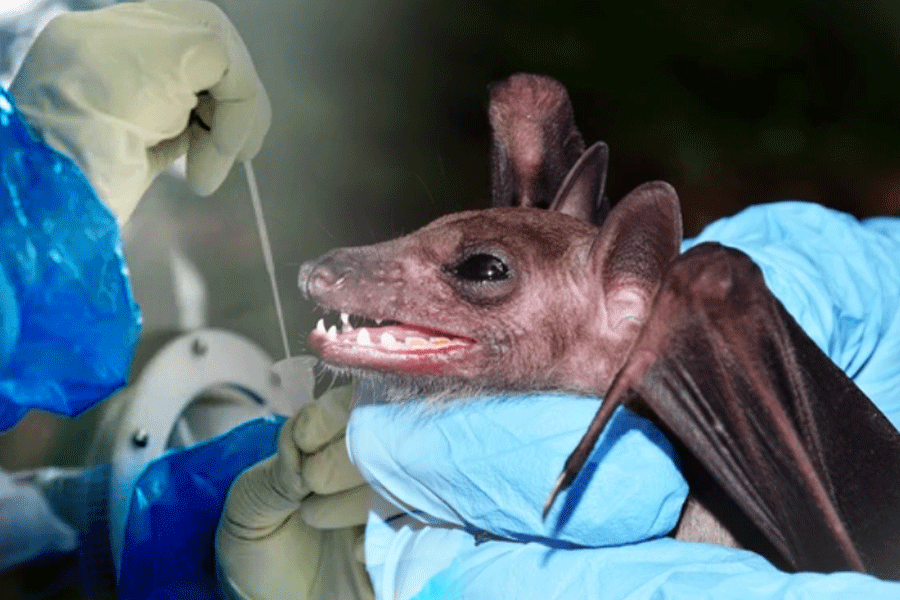OPPOSITE SPRING CLUB

GOLAGHATA


Pictures by Bishwarup Dutta
Calcutta: Frequent spells of rain this summer has triggered the fear of an early outbreak of dengue.
Every spell of rain leads to accumulation of water in small pockets, which experts warn could act as ideal breeding grounds of Aedes aegypti mosquitoes, the primary carrier of the dengue virus.
Such mosquitoes breed in clear and stagnant water and it takes a week after eggs are laid for adult insects to emerge.
"Days of bright sunshine after one or two spells of rain cause the accumulated water to evaporate fast. But over the past week or so, spells of rain were not separated by prolonged dry phases. That may prove risky in regard to dengue outbreak," said an entomologist.
"The dengue outbreak in Calcutta usually starts towards the end of the monsoon. This year, like in 2017, the outbreak may start before that."
Calcutta has received 151.3mm rain since April, compared with 19mm during the corresponding period last year.
Experts fear that it was just a matter of time before people started getting infected with the dengue virus if the civic bodies and residents did not take any initiative to drain out the accumulated water.
"Every spell of showers creates pockets of accumulated water and increases the chances of mosquito breeding," said P.K. Sen, director, National Vector Borne Disease Control Programme (NVBDCP).
Metro on Sunday found heaps of garbage lying at Kankurgachi, Bangur, Bosepukur, opposite Spring Club on EM Bypass and other areas across the city.
Amidst the garbage lay earthen and plastic cups and other containers and broken shells of green coconut. Water accumulated in such items can serve as mosquito breeding grounds.
According to entomologists, even a teaspoon of water is enough for Aedes aegypti mosquitoes to lay eggs.
The fact that a large number of people were infected with the dengue virus last year only adds to the risk factor. "The extent of last year's outbreak suggests that the mosquito density was high in Calcutta. There are chances of a rerun in the city and its surrounding areas," a vector control expert said.
According to the data of the State Vector Borne Disease Control and Seasonal Influenza Plan 2018, as many as 2,374 dengue cases had been reported in the area under the Calcutta Municipal Corporation, up from 1,686 in 2016. There were multiple deaths, too.
The state government did not release any figure on the number of deaths.
"The eggs that an infected Aedes aegypti mosquito lays can remain dormant for one-and-a-half years. If it gets water anytime during this period, the egg can hatch," said an NVBDCP official. "Chances are mosquito population will be high this year, too. And that is all the more reason why water accumulation should not be allowed."
A CMC official said the councillors had been asked to visit houses to spread awareness on how to prevent dengue.
"Our teams in autorickshaws will soon start touring neighbourhoods, spreading awareness through the public address system," the official said. "All relevant departments, such as health, building, engineering and solid waste management are working in tandem."











